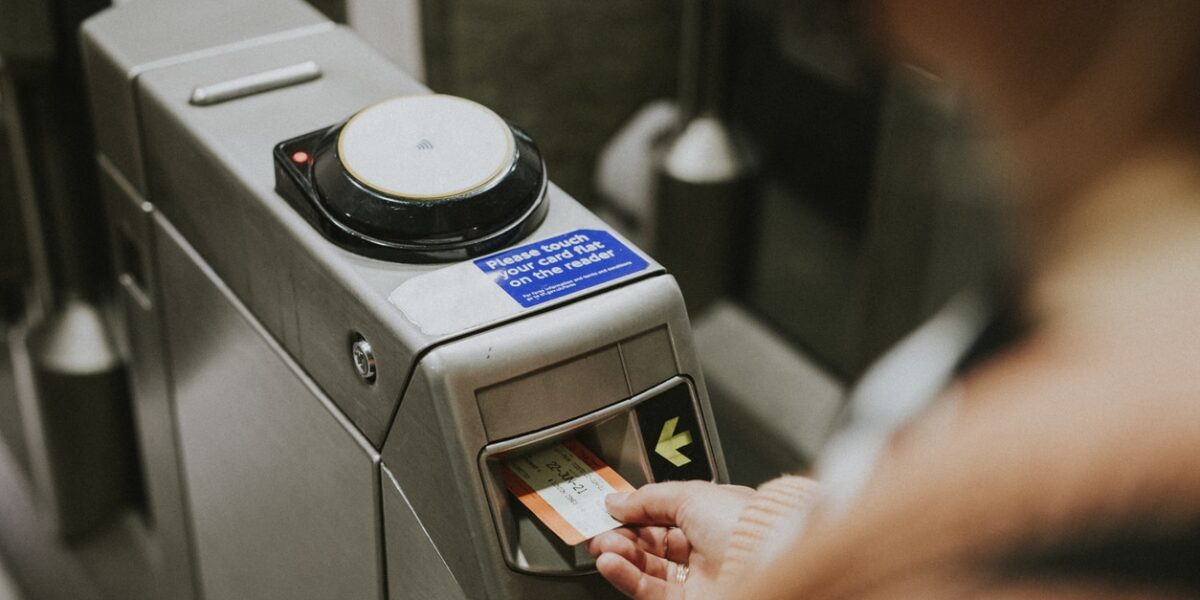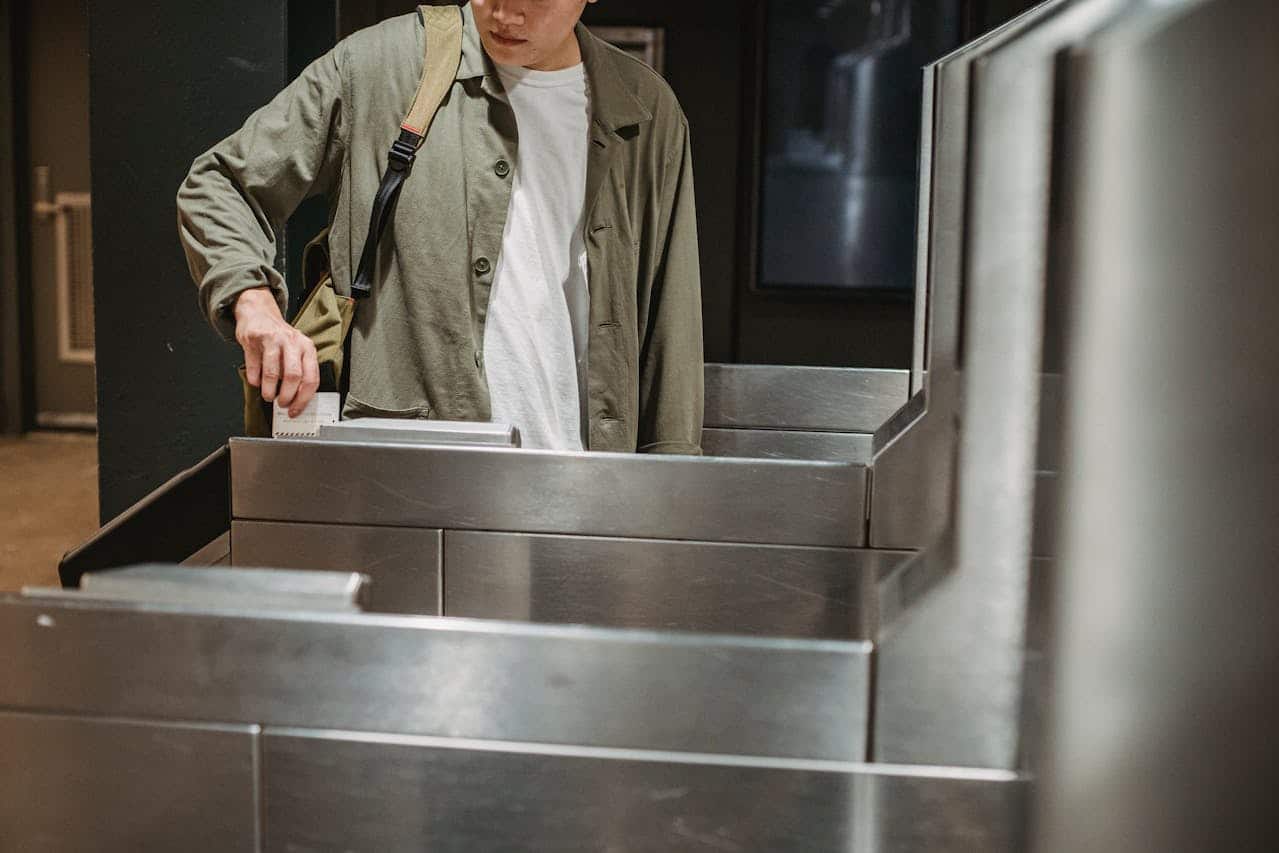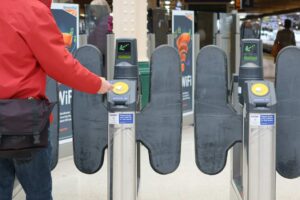
As set out in our previous article (fare evasion crackdown & legal updates), in recent months railway operators have been stepping up their action to prosecute those caught evading fares. The benefit of this action is twofold; recovering significant lost revenue and deterring fare evasion in the future.
For many people, what constitutes as fare evasion is unclear with a huge variety of ticket types and rail passes now available, all with different terms and conditions. To raise awareness and to assist you in avoiding fare evasion, we’ve detailed some of the most common types of fare evasion below. If you’ve already been caught fare evading and are unsure what to do or you need legal advice, the team at Ellis Jones will seek to ensure the best possible outcome for your case.
Ticketless travel
Ticketless travel is the most straightforward and commonly known type of fare evasion. Ticketless travel involves a passenger boarding a train without having purchased any ticket. Many of these passengers only plan to purchase a ticket in the event they are stopped by a ticket inspector or by a barrier at their arrival station.

Short ticketing
Passengers who purchase a ticket for a shorter journey than the one they actually intend to take. This often occurs when passengers are required to pass a ticket barrier at either their departure or arrival station.
Incorrect railcard discounts
Passengers who travel using a ticket with a Railcard discount applied after the Railcards expiry date, or using a Railcard that they do not hold or are not eligible for. Applying an outdated Railcard can be carried out in error, but it’s still considered as fare evasion.
Using someone else’s travel pass
Using someone else’s travel pass, even with their consent, is considered as fare evasion. There are many different types of passes available, however most travel passes are governed by strict terms and conditions and are deemed as strictly non-transferable. Certain passes exist to provide benefits for specific groups such as railway staff, those with disabilities, and those within specific age ranges.
Purchasing the incorrect ticket for your age group
Adult passengers travelling on a child’s ticket usually results in cheaper tickets prices but is easily identifiable as fare evasion.
Travelling at the wrong time or in the wrong class
There are a huge variety of ticket types available including advance tickets, off-peak, super off-peak, anytime tickets and first class among others. It’s important to ensure that you travel at the correct time and in the correct carriage class.

What should you do?
If you’ve been caught fare evading and don’t know what to do or how to resolve the situation, consider the following:
- Stay calm and co-operate with the ticket inspector.
- Look out for email and/or postal correspondence from the railway following the incident.
- Talk to a solicitor. Seek legal advice and representation.
How can Ellis Jones help?
The team at Ellis Jones understand how worrying it can be if you’ve been caught fare evading. Having dealt with many cases across a variety of rail networks, we are experts in having these cases settled out of court, you can read some of our success stories in a previous article. Please do not hesitate to get in touch with us by emailing lovetta.pring@ellisjones.co.uk or via our online website enquiry form.
How can Ellis Jones help?
If you would like help or advice regarding from one of our specialists, please do not hesitate to contact us on 01202 525333.
Get in touch













